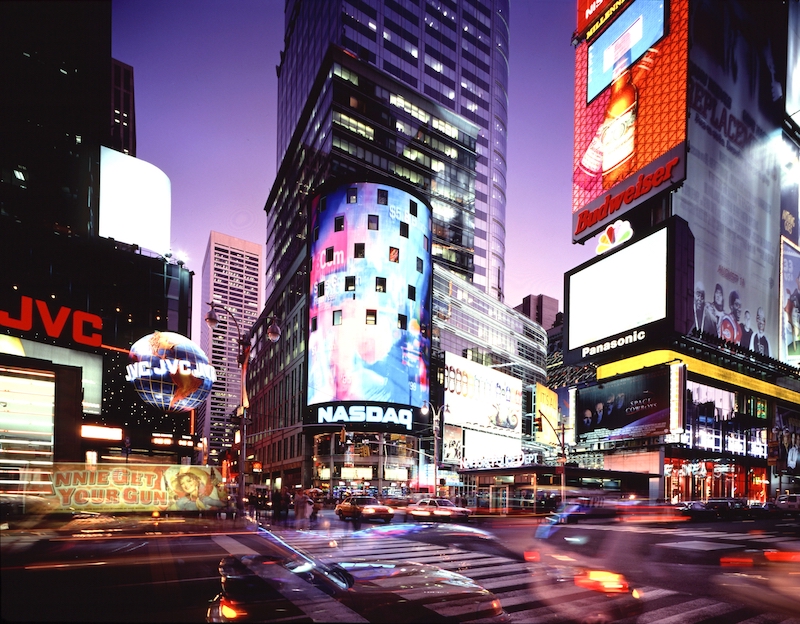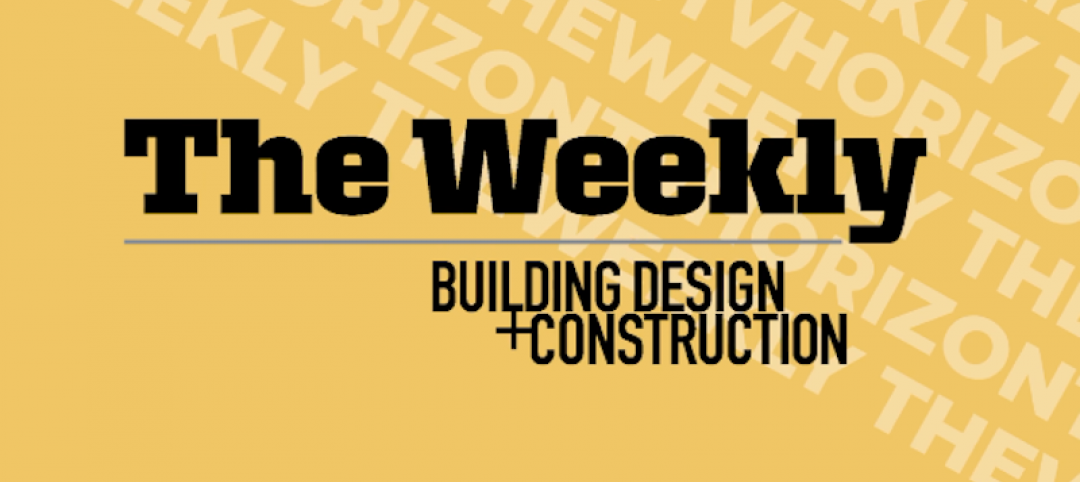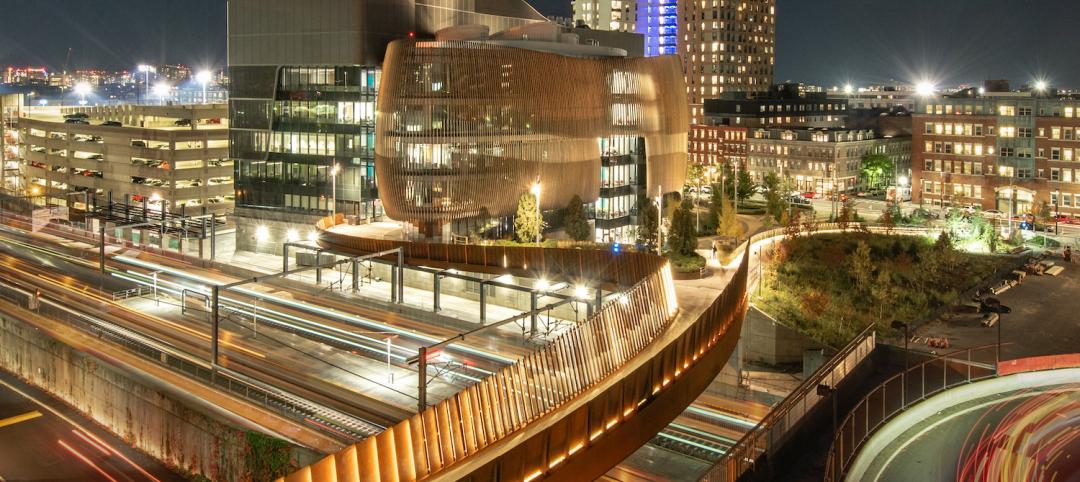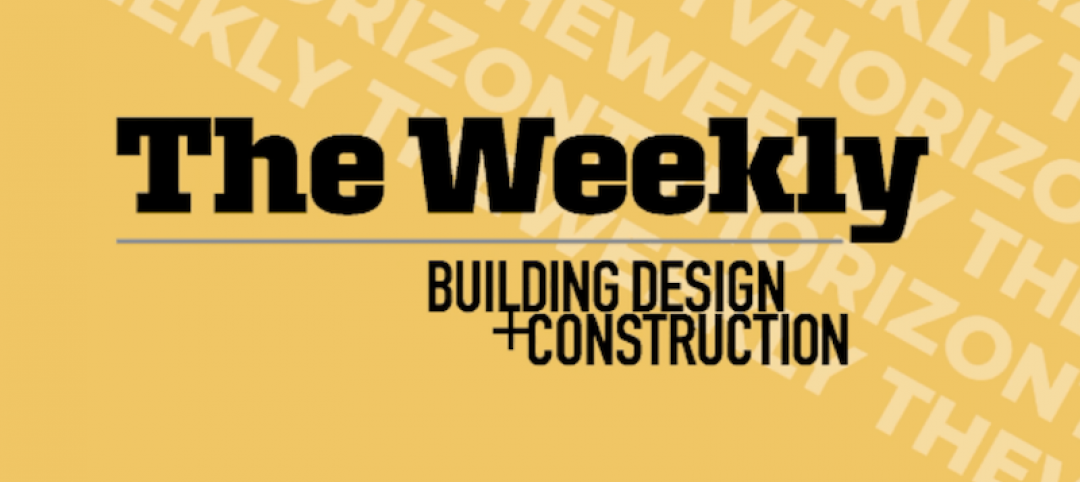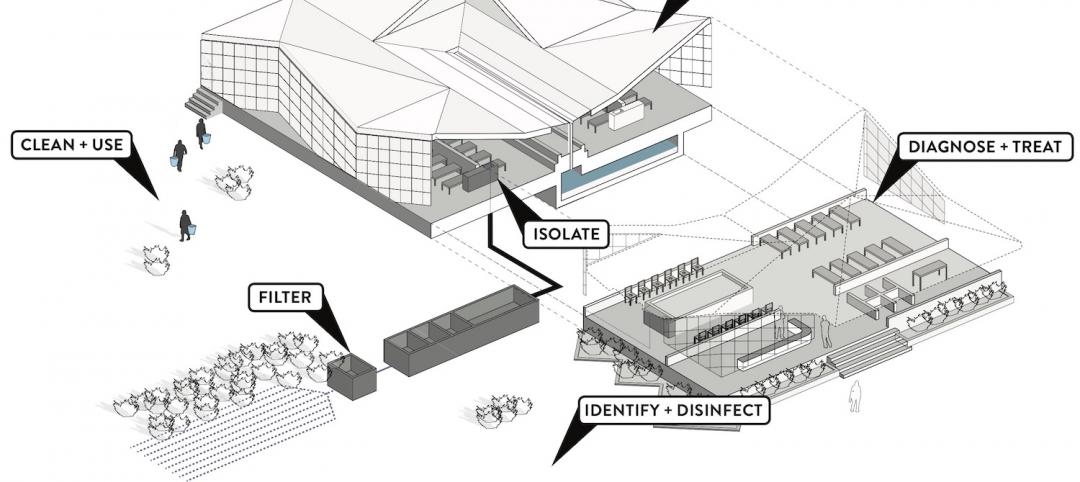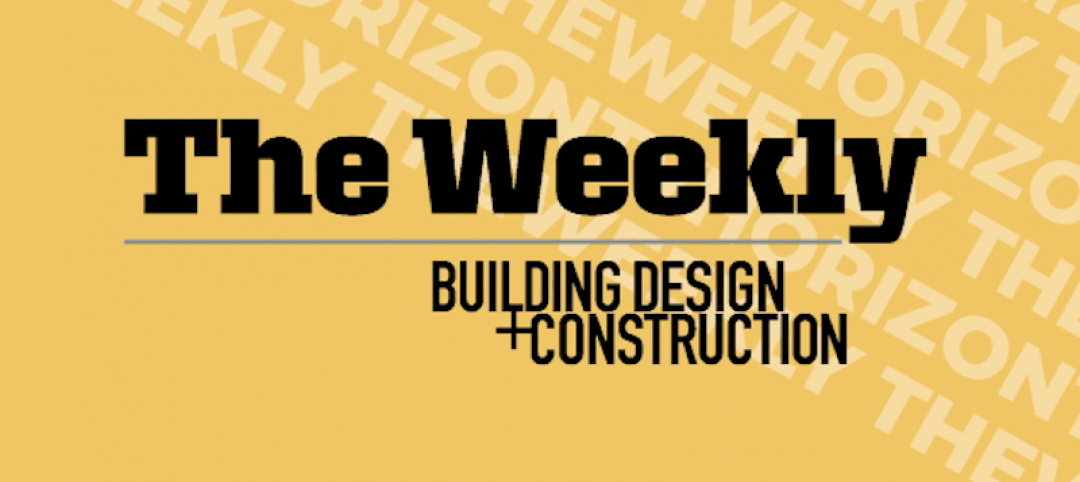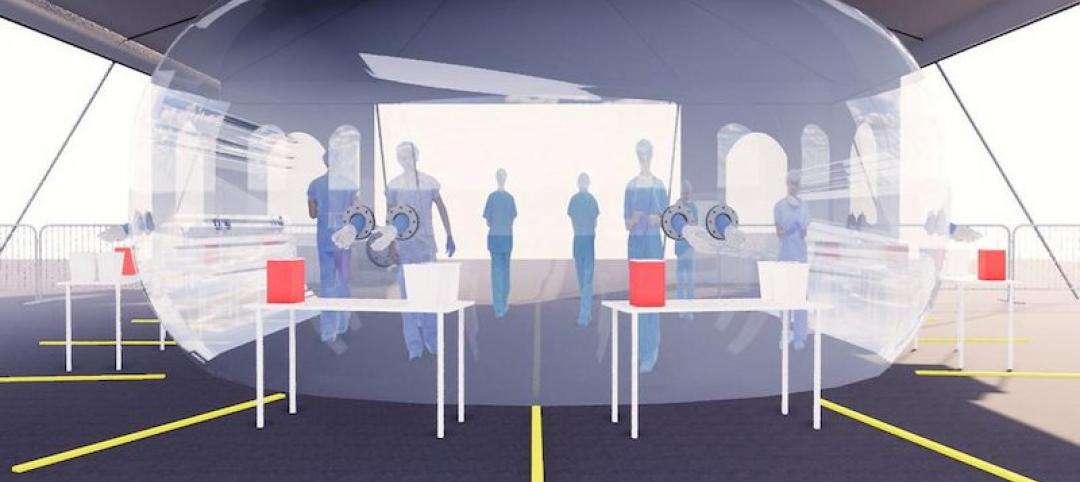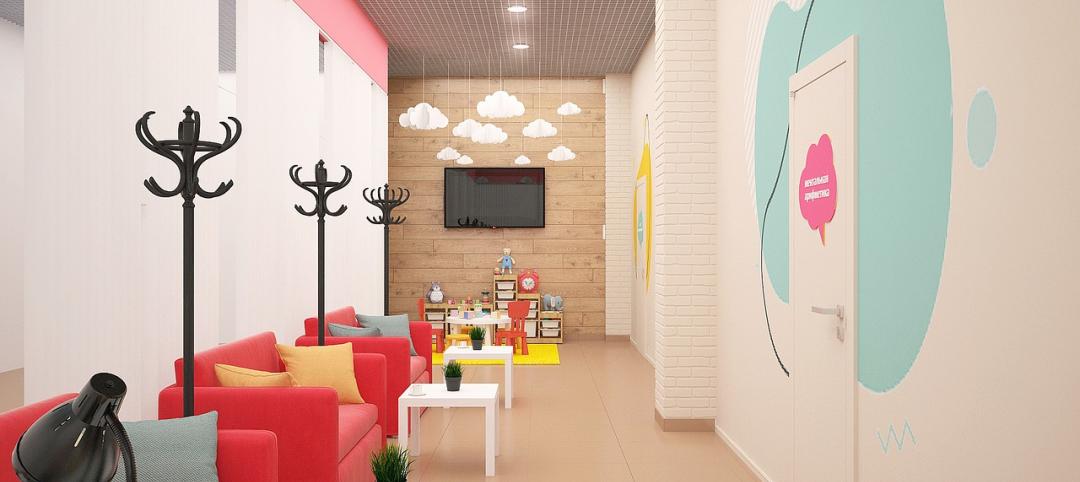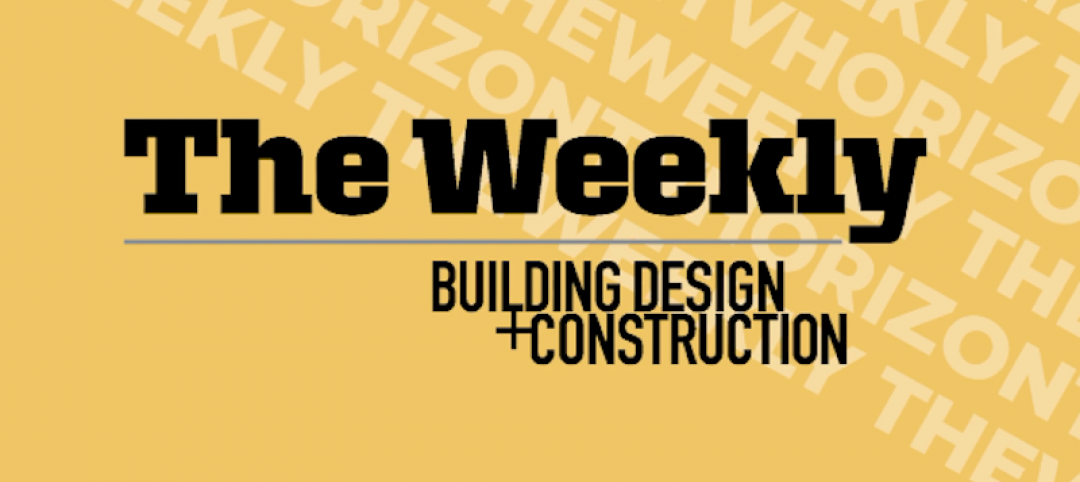During this unprecedented time, we find ourselves wondering if the things we love about living in cities are going to be completely upended, or change forever. If we follow the guidelines for social distancing, we can flatten the curve of this terrible virus in the short term, while still benefiting from being an urban citizen. And in the long term, we believe that the benefits of living in cities far outweigh any adjustments we make to stay healthy and safe.
On a purely functional level, working from home has been a fairly seamless transition for many of us. Supported by amazing, powerful technology, we continue to do what we do: write, calculate, draw, communicate, and create. Productivity isn’t the core problem; it’s the abrupt physical distance from our colleagues, friends, and even family members that is more disruptive.
Density may make it easier for the virus to spread, but let’s not forget that cities are in many ways the heart of society, and a springboard of big ideas, inventions, art, and culture. That’s because cities have a unique spatial and social ecology. During this time of isolation, it’s reassuring to be able to look out the window and see people walking their dogs or delivering groceries, or even just to hear our neighbors’ footsteps around us—things not always possible in the suburbs or country. Simply being in relatively close proximity to a community of people (even while staying home) can have psychological and logistical benefits.
The concentration of urban life can help us overcome feelings of isolation, anxiety, and depression. In the aftermath of 9/11 and Hurricane Sandy, New Yorkers pulled together without government directives, spontaneously looking out for one another, and offering help to strangers as easily as we did friends and neighbors. Today, we hear countless stories of kindness, ranging from people doing errands for elderly neighbors to 3D-printing face shields for medical workers to holding impromptu morale-boosting singalongs from tiny apartment balconies.
The resilient nature of the city itself and its residents is symbiotic and allows us to come back stronger than ever before. While we respect our six feet of separation, we continue to communicate—sometimes even more or better than we did before. We may have temporarily lost physical contact, but we have not lost the bonds of our community. In these troubling times, it’s uplifting to think of how applying that can-do attitude to other crises, such as climate change or homelessness, could result in a better world for cities and beyond.
Related Stories
Coronavirus | Jul 31, 2020
The Weekly show: Microhospitals, mass timber, and the outlook for 5 key building sectors
The July 30 episode of BD+C's "The Weekly" is available for viewing on demand.
University Buildings | Jul 24, 2020
A hybrid learning approach could redefine higher education
Universities reassess current assets to determine growth strategies.
Coronavirus | Jul 20, 2020
Student housing amid the pandemic, infection control in buildings, and future airport design on "The Weekly"
Experts from Core Spaces, Bala Consulting Engineers, and Populous were interviewed in the July 23 streaming program from Horizon TV.
Coronavirus | Jul 17, 2020
Never waste a crisis
The coronavirus outbreak has provided numerous lessons for AEC firms.
Coronavirus | Jul 17, 2020
The Weekly show: What 40K workers have to say about WFH, and design in the digital age
This week on The Weekly, BD+C editors spoke with leaders from Cushman & Wakefield, HMC Architects, and HOK on three timely topics.
Coronavirus | Jul 14, 2020
Is there a way to test for Covid-19 without PPE?
We developed a unique design concept: a testing booth that allows healthcare workers to administer tests without using PPE or being exposed.
Coronavirus | Jul 13, 2020
4 technologies for improving building sanitization in a post-pandemic society
Changes in building design and operations can drastically improve public health and safety.
Coronavirus | Jul 10, 2020
HOK, Cushman & Wakefield, and HMC Architects hold sway on July 16 "The Weekly"
“The Weekly,” a new streaming program for the commercial design and construction industry, to feature experts from HOK, Cushman & Wakefield, and HMC Architects. Tune in July 16 for insight on social media and interior design, the future of the workplace, and healthcare design after COVID-19.
Coronavirus | Jul 10, 2020
The Weekly show: Carbon-fiber reinforced concrete buildings and back to campus amid COVID-19
The July 9 episode of BD+C's "The Weekly" is available for viewing on demand.
Coronavirus | Jul 1, 2020
Are hospitals prepared for the next pandemic?
Caught off guard by COVID-19, healthcare systems take stock of the capacity and preparedness.


